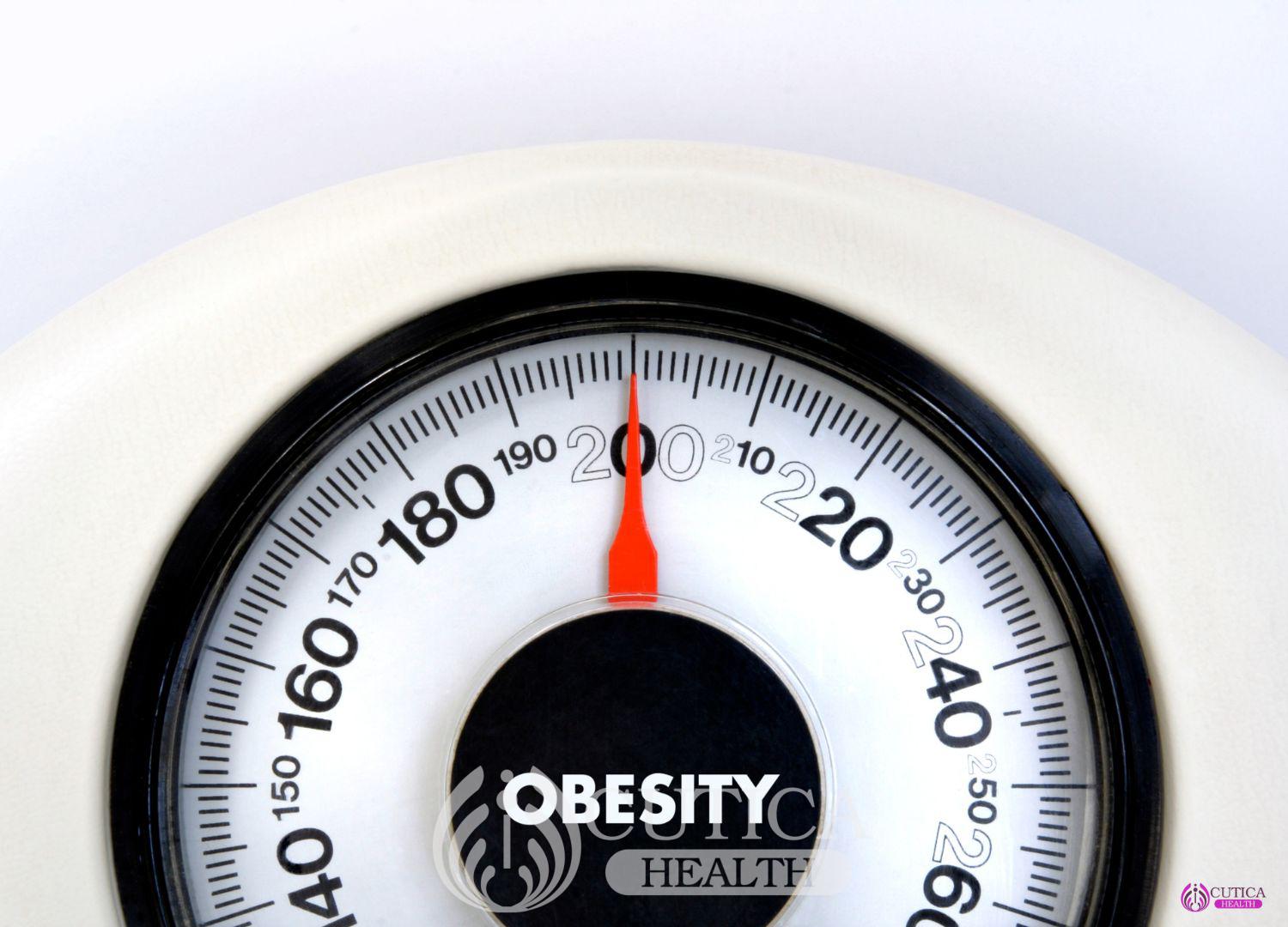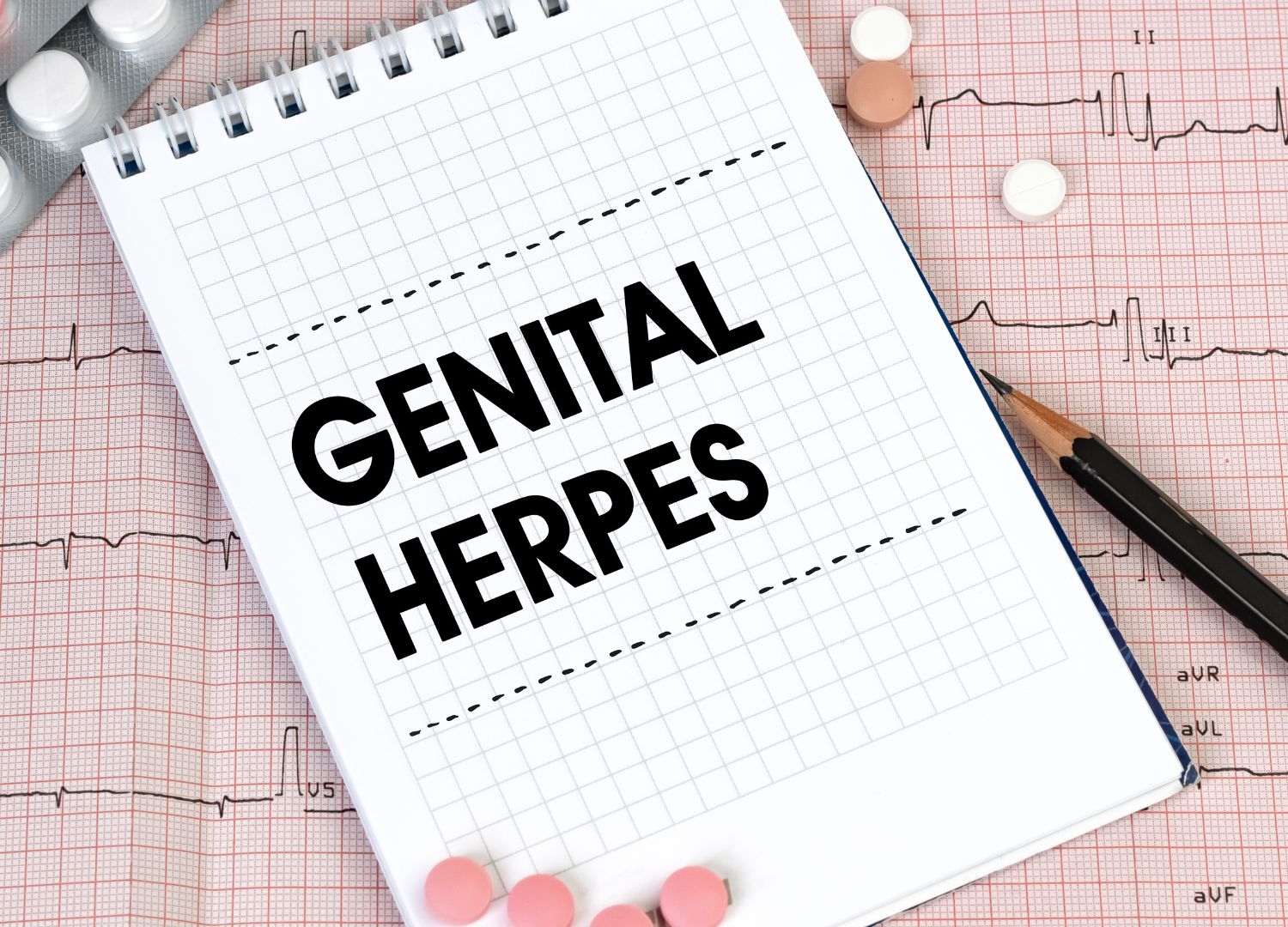
How Obesity take dey affect your child mental health
Children wen chubby fit look super cute for eye but childhood obesity don rapidly turn severe public health challenge.
Worldwide, tens of millions of children below the age of 5 years dey overweight or obese.
Based on current trends, dere fit reach 70 million children for dis category by 2025.
Childhood obesity don dey linked to physical problems like type-2 diabetes and heart disease both during childhood and later on for life.
But, mental health problems nor dey left out as childhood obesity don dey tied to poor self-esteem, plus emotional and behavioral disorders.
Make we look some of these issues:
Low self-esteem
Children wen dey overweight dey commonly suffer from low self-esteem. Bcos dem go bully dem, ridicule dem, and sometimes dem go leave dem out of activities. Dese children fit end up hating dia self, dia body, and dem fit develop "perfect body" obsession .
Mood disorders
Childhood obesity fit increase pikin chances to develop anxiety or depression. Bullying and constant mockery fit make dem sad and very sensitive. Dem fit dey feel like say dem nor fit in with dia age mates and fit begin dey anxious wen dem dey social situations. Overweight children fit dey very self-conscious if dem wan change clothe for front of oda people wen dem dey participate for sports like swimming.
According to research, children with obesity dey many times more likely to develop depression like adults than children wen nor dey sufer from obesity. For boys, the risk dey even higher.
Eating Disorders
Childhood obesity fit put pikin for risk of eating disorders. Children wen dey suffer from obesity fit develop unhealthy relationship with food. For one hand , dem fit dey avoid food at any cost and dey count calories up and down or overeat and force dia self to vomit.
Dem fit turn to food as comfort wen dem dey faced with poor treatment from dia mates.
Social Isolation & Humiliation
Children wen dey suffer from obesity fit dey isolated by dia age mates while dem dey play and do other activities. Dem fit dey picked last for games, and dem dey more likely to get nick names like fatty, even teachers fit join call dem.
Children dey find dese situations very humiliating and dem fit isolate dem selves on purpose to avoid more humiliation. Social isolation and humiliation fit trigger anxiety and depression. E fit also fuel eating disorders as dem dey try to achieve body wen dey socially acceptable.
Conclusion
Childhood obesity dey heart breaking as children dey forced to endure endless ridicule from agemates and even adults. The mental health implications fit dey severe if dem nor check am.
For society wen dem dey reward specific body types, the best thing wen you fit do as caregiver na to guide your pikin on healthy weight loss journey. Nor forget to encourage am as e dey go.












